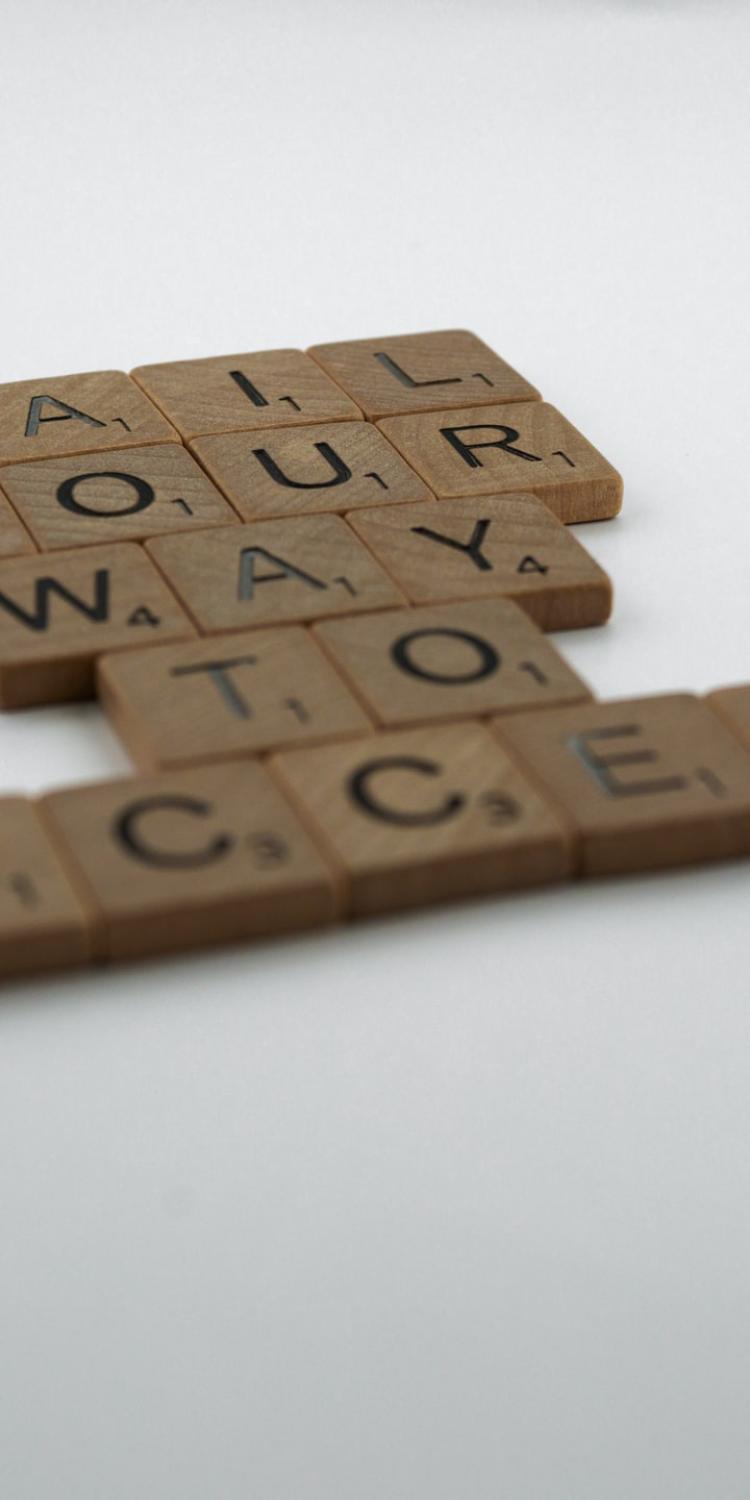Making Reading a Habit
This post contains references to products from one or more of our advertisers. We may receive compensation when you click on links to those products. Terms apply to the offers listed on this page. For an explanation of our Advertising Policy, visit this page.
Beginning to read as a parent requires making it a habit.
Changing your habits as an adult is hard. Changing your habits at any time in your life is hard, but as an adult, you have gotten into certain habits that you have probably had for many years. Working to change those habits doesn’t happen overnight, but can be done if you want it to. We highly recommend making reading one of your habits that you do on a daily basis. It’ll require a few small changes on your part to make it happen.
Changing your habits is something that requires a very concerted effort. Very rarely can you simply change your habits overnight. While it is possible to do, it’s also the hardest way to make a change in your life that will stick with you. In order to truly change the way you act, you need to take small but deliberate steps to change your habits - give yourself both positive and negative motivation.
To begin with, you need to figure out what your goal is. Do you want to read a book a month? Do you want to read for some period of time every day? Do you have something else in mind? Whatever your reading goal is, make sure it’s a clear goal. You want to be working towards something. Setting the goal is simply a starting point. It’s the place you want to get with the new habits you’ll be putting in place.
After you have a goal, you need to figure out what actual steps it will require to get there. For example, let’s say that you want to read a book a month. That’s a big goal, and it’s unclear exactly how you’re going to get there. You need to break that goal down into actionable steps that you can take. These steps should be measurable, and they should be steps that you can take easily.
To read a book a month, you need to read at least 3 hours a week (you may read faster or slower, and it may depend on the book). Even this goal is too big. When are you going to read? What is going to trigger your reading? How long are you going to read? What happens if you don’t read? These are all questions you should be asking yourself as you lay out the steps to get to your goal.
In our case, we’ll say that we’ll be reading for 30 minutes a day. This gives a small buffer if we do miss a day, but it allows us to know what we should be doing each day. The next step is to determine when you’ll read. You will read for 30 minutes every night before bed. In order to make this happen, you will put your Kindle on your pillow each morning so that when you come to your bed each night, you don’t forget to read. To make reading a habit, you are also making a habit of putting your book on your pillow.
If you fail to read, what will be the consequences? Perhaps you will skip your coffee in the morning if you don’t read the night before. If you don’t drink coffee in the morning, then some other consequence should be had for skipping your reading the day before - it should be something that you don’t want to miss or skip. It could also be an added responsibility that you must complete.
By adding both positive habits (putting a book on your bed each morning) and negative consequences (not being able to enjoy something you normally do), you are far more likely to actually read consistently on a daily basis. Of course, you don’t have to put all of your reading at night - there are a lot of times throughout the day that you can find for reading if you want to make it part of your life.
In order to make reading a habit in your life, you need to make changes in your current routines. You need to be committed to make reading a habit by changing other parts of your life. Ultimately, reading may become second nature, but it takes time to get there at first.





